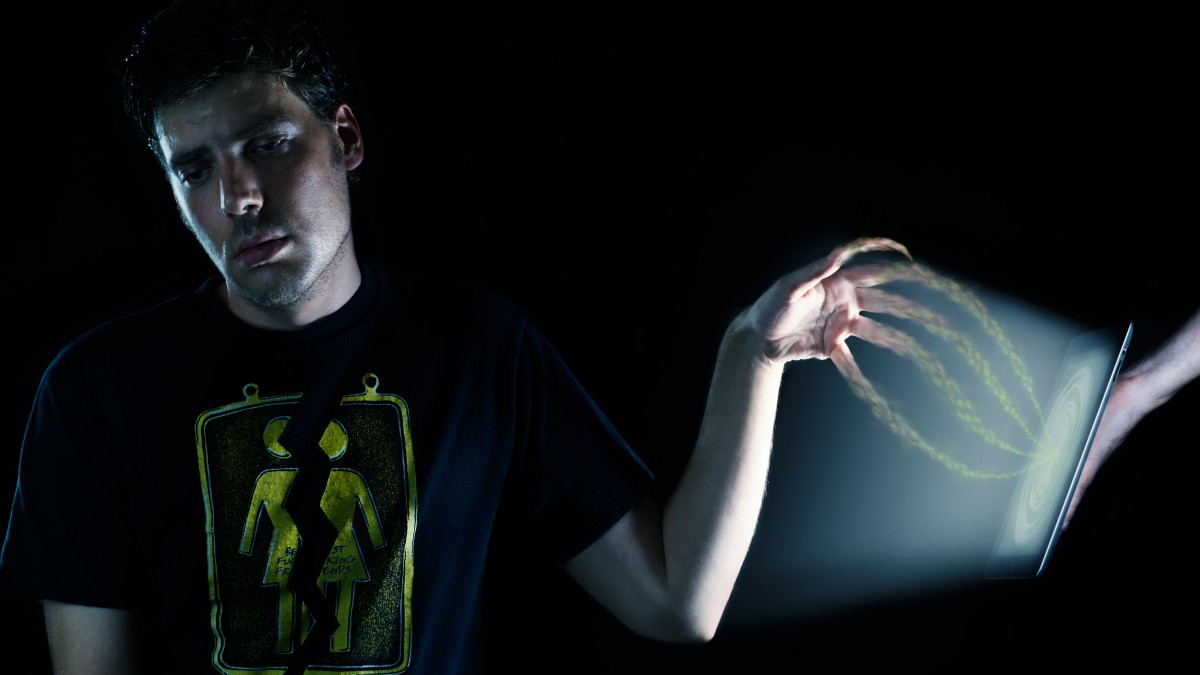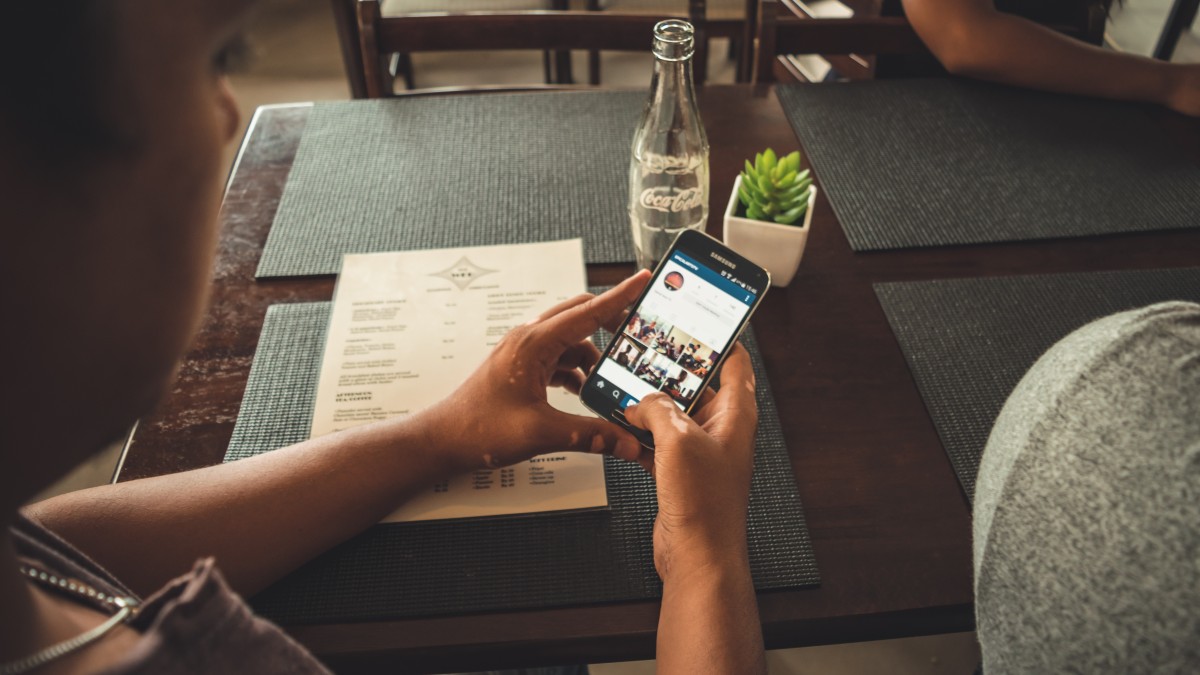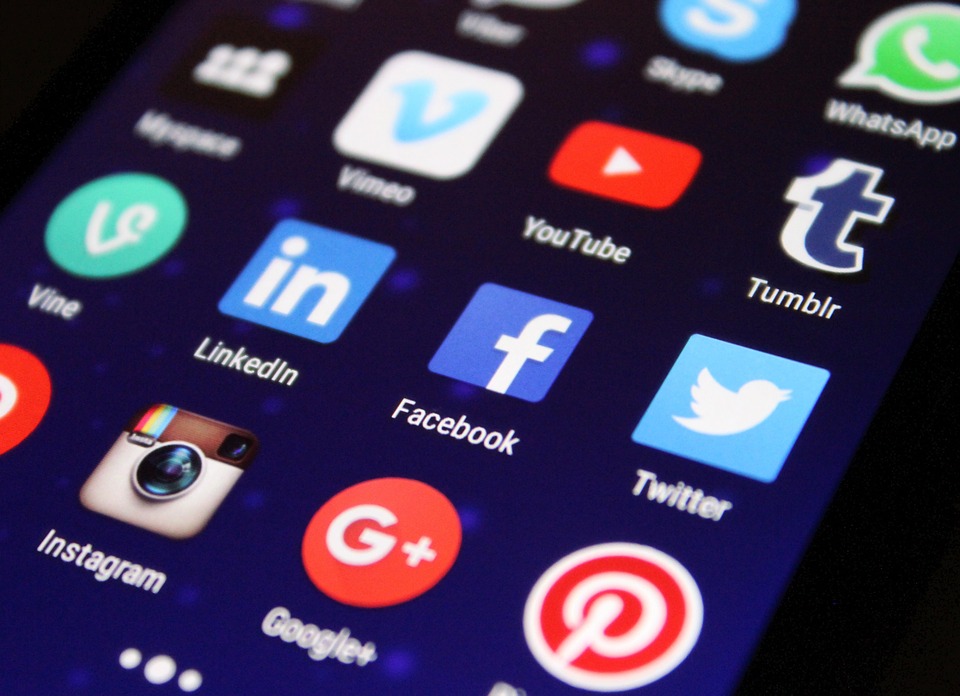In this modern day and age of 2019, it is estimated that 4.2 billion people use social media platforms. This can vary from Facebook, Snapchat, Twitter and Instagram; many of these users are between the ages of 16 to 24. In recent years, there has many debates and discussions about the use of social media and how it is repeatedly linked to mental health among young people.
It is no secret that social media has become an essential tool for most young people; as they use it to communicate and share their own experiences through images and videos via these apps.
But how much is too much?
A recent survey has shown that the average time spent on these social apps is 116 minutes a day amongst teenagers and young adults. This is just the average time on an average person, so it can stretch up to a lengthier time than this with others.
I am not going to deny the positives of social media and label it as ‘evil’ or ‘life draining’, as there are many good things using social media. The whole purpose for these apps when they were first designed and introduced to the public; was to bring everyone together.
You can share photos and videos with friends and family from anywhere in the world and it can send to the other person in a matter of seconds! Another benefit of use of social media is being able to communicate with people and receive a fast response. Young people who use social media often can also be introduced into some new viewpoints that shape themselves as person positively. They are also exposed to greater diversity and culture that inspire a new hobby.
Celebrities who use social media will certainly have a huge online following which can be between thousands to millions of people following them and watching everything they post! This can be used in their advantage as they have a large stage to which they can voice an opinion on important topics of the world that need to be addressed to the public. It is also interesting seeing what your favourite actor or singer gets up to away from their professional work.

However, this can also lead to interpretation as many celebrities have abused the power that social media has given them and have posted images that have been digitally altered/ photoshopped. This can influence young people to believe they have the best life, with the best house, car, appearance and other material things.
Aside from celebrities, a large majority of people portray a false image of themselves through the use of social media. People post things that appear to be the ‘perfect’ life they are living. For young people who are impressionable and many could argue, gullible as well as immature, will believe in such things and start to compare their lives to what they see on their own phones.
When seeing images of lovely tropical holidays, flash cars, shining watches and the ‘desirable’ beach body as well as the powerful job position every single day can certainly influence young people to not feel good enough that they have not achieved that level of success. This can also trigger low self-esteem amongst teenagers and for them to start to feel the pressure that they cannot live up to the standards that everyone around seems apparent to be living.
A normal human connection can be lost when everyone appears to only communicate through the screen of their phones. People are reluctant to actually go outside and meet people, as binge using social media has made them anxious to be in a situation where they cannot simply click off by a button.


As well as that, I have also personally noticed when attending an event that is exciting and an experience you will most definitely remember- everyone has the need to film every second.
People don’t experience things like they used to. Taking a few photos and the odd video is fine, as it will later be seen as a memory. But for those desperately trying to capture the most perfect image to show everyone ‘oh hey I am having a really good time, look at me, pay attention to me!’. Everyone is more concerned with the way something looks rather than how the experience feels.
These negative factors can contribute to depression and anxiety amongst people who become obsessed with social media and the constant image they try to keep up with.
How do we overcome the pressure of social media?
The plain and simple answer is; we need to take a step back. This, of course, is easier said than done, but it is achievable. Firstly, it is recommended that we turn off the notifications from our phone to avoid distractions from the online world. Spending time with your friends and family socially is also a real chance to reconnect with people.
Social media will no doubt be a part of our lives as our technology progresses, however, to protect the next ‘selfie’ generation we must teach young people the dangers surrounding these apps. As well as teaching them that the content we see on the internet isn’t always a reality.




























